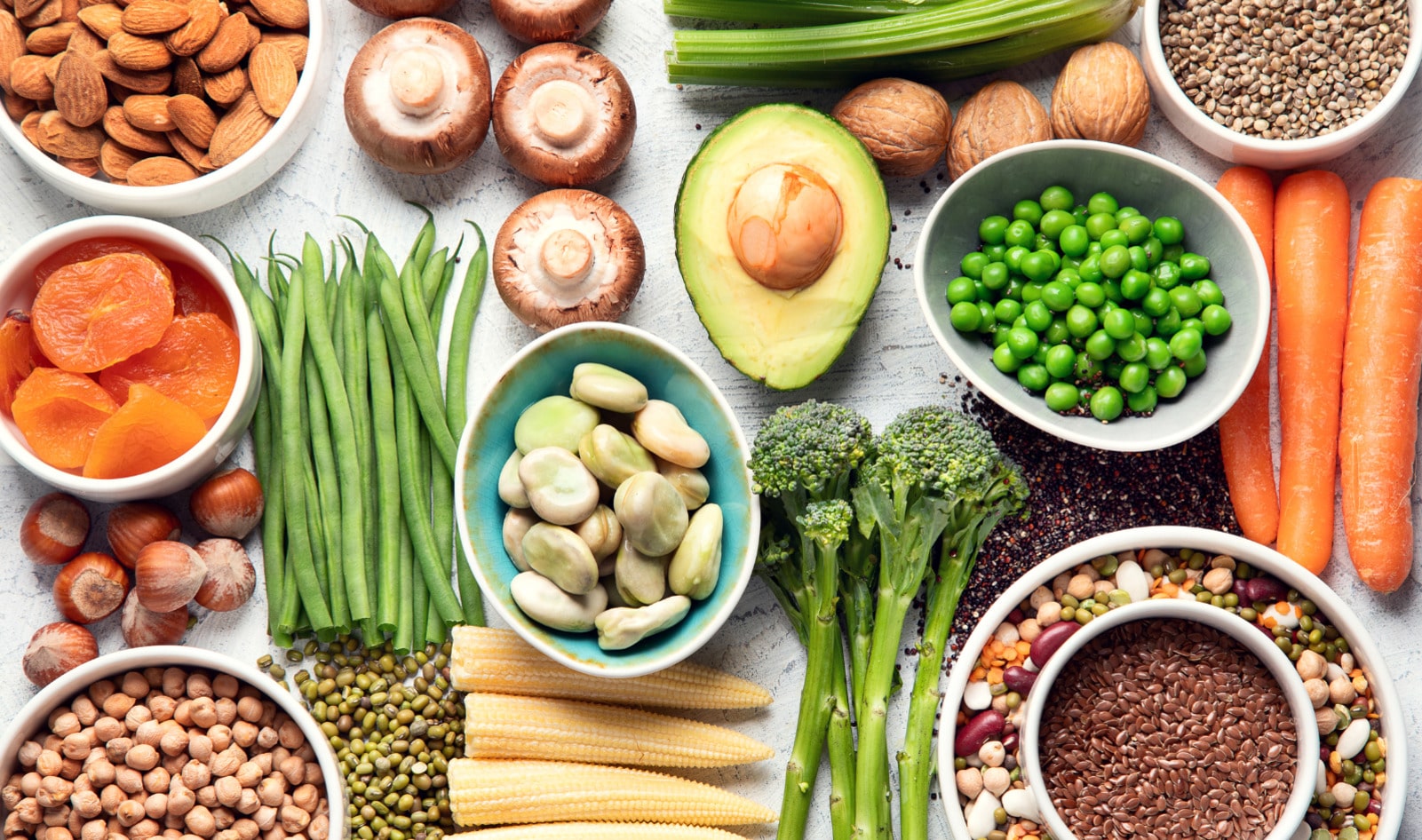How can you make a change?
Perhaps the most important feature of our core mission at HAAN is helping to educate our community about the importance of fighting for clean water for everyone. It’s a big problem, but there are solutions which each of us can do individually and collectively to actually make a change!
Although the scale of the challenges facing our planet are troubling, we can all do something. Here are 5 simple ways you can reduce your water impact and help in the fight against the global water crisis.
1. The more you know, the better. Be informed.
Our generation is perhaps the first to know that our daily actions are threatening the planet. Being informed and speaking up is the most powerful thing you can do to change this. Through our phones and computers, we have the world at our fingertips. So, do your research, keep up with the news, ask questions, and be curious. Start conversations with your friends and family. Try to be an element of influence and change. Speak up. Be open to talk and listen to everyone. Use social media to transmit a clear message. Don’t be afraid to make your voice be heard!
2. How are you using water? Be aware.
The current situation makes washing our hands more crucial than ever, but don’t forget to turn off the tap while soaping up. Start saving water by breaking bad habits: we can all clean dishes, wash our hands and faces, brush our teeth or shave, without leaving the tap open. Shower accounts for 17% of indoor water use. Shortening our showers can save up to 10 liters of water per minute. Try it out!
Bonus tip: Fix any leaks in the house. Even a slow drip from a leaking faucet can waste up to 75 liters of water a day!

3. We are what we eat. Be conscious.
Did you know it takes 1.650 liters to make a quarter pound hamburger? Food production is a major player in our water consumption, especially in animal production. Indeed, nothing has as much embedded water as meat. Farming animals for meat and dairy requires huge amounts of water.
Move towards a more plant-based diet, even if it is in gradual steps, and away from a meat dominated diet. This small gesture reduces our impact on the environment as well as our food bills. It’s a win-win!

4. Understanding what we buy. Be smart.
Did you know it takes 2.500 liters to make a non-sustainable cotton shirt, and 10.000 liters to make a pair of jeans?
We need to be smarter about what, and where, we buy our clothes. Buying less and more appropriately will save us money, reduce waste and improve our environmental footprint in the world. Try supporting eco-friendly products and brands, since we can all agree that no piece of clothing should mean sacrificing clean drinking water, sustainable agriculture, or even loss of human life, for any community.
5. Find ways to give back. Be generous.
Our way to give back is by trying to build a better future for the planet and humanity. This is the reason why we contribute by donating 20% of our profits to fund water projects in developing countries. Together, this far, we’ve been able to help over 2500 people to have access to clean drinking water.
You can read more about our social purpose here.

